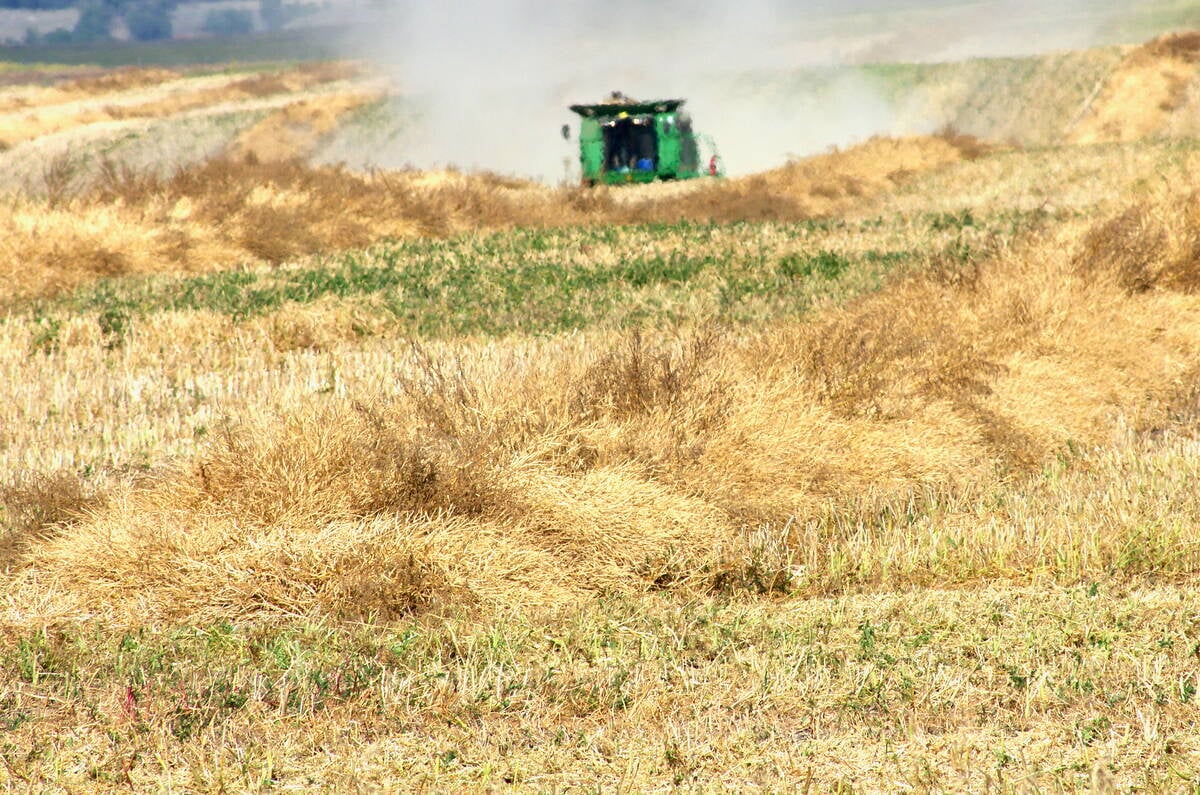BRUSSELS, Belgium – It all sounds so simple, at least from the vantage point of the Worldwatch Institute in Washington, D.C.
By analyzing the positive and negative policies of countries that are biofuel pioneers, the research centre and forecaster has prepared a template for governments trying to create policy to support a biofuel industry.
Worldwatch also outlined some of the policy complexities that will be required to make sure farmers benefit.
The mid-2006 report, written for the German agriculture department, which already oversees the world’s largest national biodiesel industry, offers ideas that the Canadian government might consider as it struggles to produce a biofuel strategy by autumn.
Read Also

Manitoba searches for Plan B on canola oil exports
A new report explores Manitoba’s current canola oil trade and possible alternative markets to the U.S.
The Worldwatch report shows that Canada, despite its vast feedstocks, is well behind the curve in world development. Charts show significant developments in leading producers Brazil, the United States and many European countries, but also dramatic investment in such recent entries as China, India and Argentina.
Making sure farmers benefit can be a tricky business that governments cannot leave to market forces.
“Underlying the commitment of an increasing number of governments to biofuel development is the desire to find new markets for farmers and their products and to reduce emissions of greenhouse gases,” says the report.
“Not everyone will benefit equally. Of all the participants in the biofuel economy, agribusinesses are the most assured to profit. As policy makers proceed with biofuel programs, they will need to decide to what extent they want to encourage small farmers and labourers to share in the profits.”
It suggests requiring some farmer or co-operative ownership in supported manufacturing plants and perhaps a rule that blenders have to purchase a fixed portion of their supplies from plants with farmer ownership.
In its handbook for successful biofuel policy, Worldwatch suggests a combination of government coercion, incentives, spending and education.
It recommends:
* Tax incentives that make certain biofuels competitive with petroleum products at the pumps.
* Enforceable mandates that require a certain level of biofuel in fuel by fixed dates, with clear and real penalties for violations.
* Use of government purchasing power to set an example and create a market by requiring government vehicles to convert to the highest levels of biofuel content possible.
* Spending government money to promote the benefits of biofuel and to help create a public demand for the product.
* Spending money and developing policies that support research into new biofuel products, technologies and more efficient feedstocks.
“Mandates paired with subsidies have also proven to be an effective combination for biofuel industry promotion,” said the Worldwatch report. “However, subsidies should be phased out once a domestic industry has been established.”














